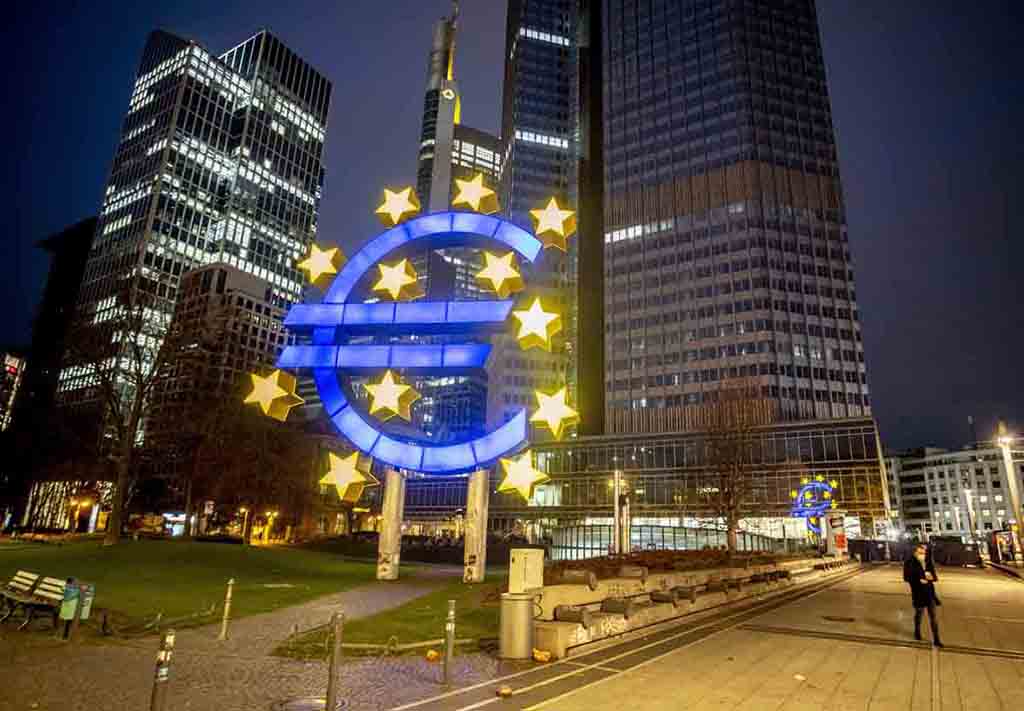FRANKFURT: Business activity in the eurozone slowed in March, according to a closely watched survey, as high prices and a gloomy outlook raised fears the Ukraine war could snuff out economic recovery. Thursday's data indicated that while Europe was still growing at a solid pace after the lows of the coronavirus pandemic, clouds loomed for the health of the economy moving forward. The survey underscores the "immediate and material impact" of the war on the economy and "highlights the risk of the eurozone falling into decline in the second quarter", said S&P's chief business economist, Chris Williamson.
Had it not been for the easing of coronavirus measures, "business activity would have weakened far more sharply in March", Williamson added. The purchase managers' index (PMI) from S&P (formerly IHS Markit), slipped 1.0 points to 54.5, a statement said. A figure above 50 indicates growth. Among eurozone countries, France best resisted the negative effects of the war, as its service industry boomed and consumer demand offset slumping exports.
Growth slowed more steeply in Germany, Europe's biggest economy, but manufacturing was still above the levels seen late last year, when the country's crucial export sector suffered deeply due to the pandemic. Analysts and officials warn that the effects of Russia's invasion of Ukraine have made economic forecasting highly uncertain but most agree that predictions of major growth will have to be significantly lowered.
The continent was already suffering a period of record inflation before troops from Russia, the EU's biggest source of natural gas, moved into Ukraine on February 24. The conflict has seen Europe and the US inflict a wave of sanctions against President Vladimir Putin and his regime that will certainly have counter-effects on the European economy especially. With war raging, businesses are living in fear that economic growth could be "collapsing" in the coming months, Williamson warned. - AFP











